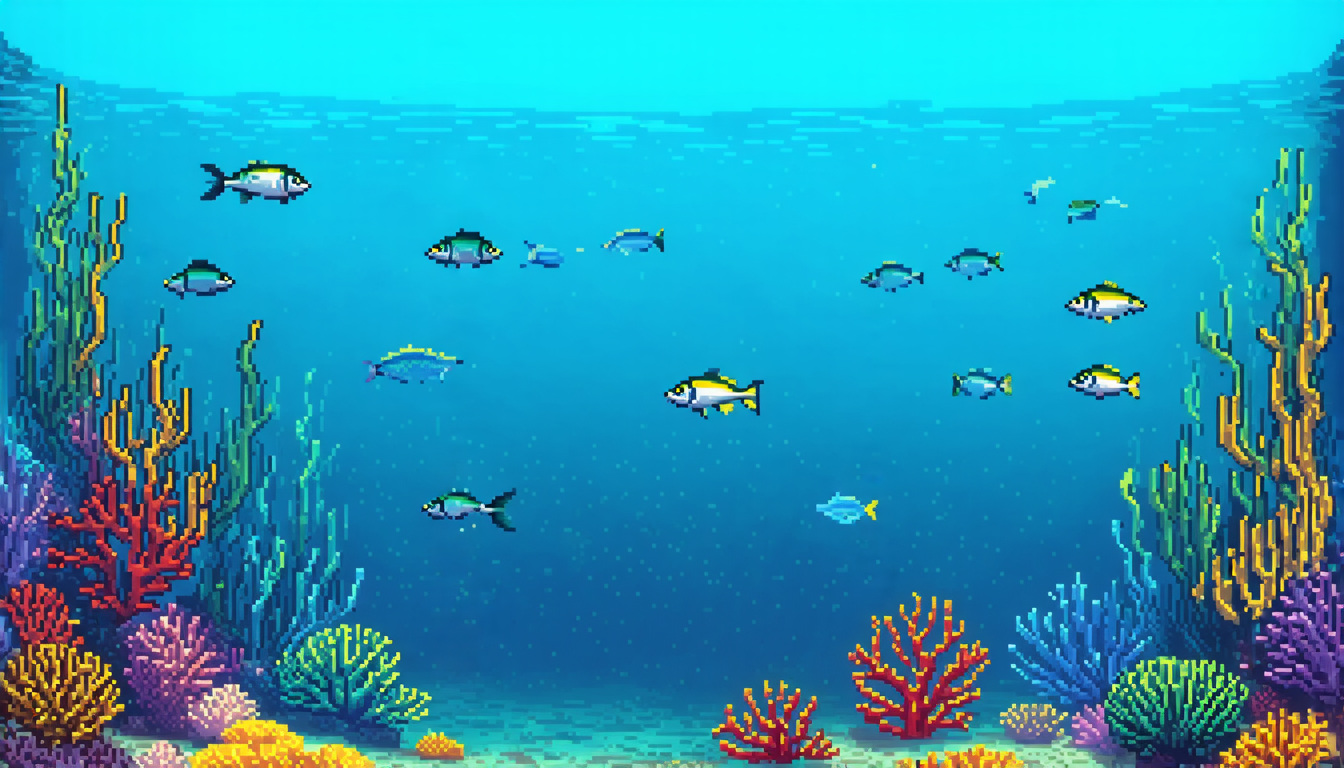Tuesday 23 September 2025
The quest for a deeper understanding of our ocean’s ecosystems has led researchers down a fascinating path: using artificial intelligence to monitor and protect coral reefs. These vital ecosystems, which cover only a tiny fraction of the world’s oceans, are under increasing threat from climate change, pollution, and overfishing.
To combat this, scientists have been developing advanced computer vision techniques to analyze underwater images and videos, allowing them to track changes in the reefs’ health and detect signs of decline. The challenge lies in the unique conditions of the ocean, where water clarity can vary greatly, making it difficult for machines to accurately interpret what they’re seeing.
In recent years, researchers have made significant strides in developing AI-powered tools that can tackle these challenges. One approach involves using deep learning algorithms to analyze underwater images and identify specific features, such as coral colonies or fish species. These models can be trained on large datasets of labeled images, allowing them to learn what characteristics distinguish healthy reefs from those in decline.
Another area of research focuses on the development of specialized computer vision techniques that can handle the unique conditions of underwater imaging. For example, algorithms have been designed that can improve image quality by compensating for variations in water clarity or lighting conditions.
The potential benefits of these AI-powered tools are vast. By monitoring coral reefs more effectively, scientists can quickly respond to threats and develop targeted conservation efforts. This could involve identifying areas where conservation measures would be most effective, tracking the impact of climate change on reef health, or even detecting signs of disease or invasive species.
One of the most promising applications is in the field of citizen science, where AI-powered tools can empower individuals to contribute to coral reef research without requiring extensive scientific expertise. This democratization of data collection and analysis has the potential to accelerate our understanding of these ecosystems and inform more effective conservation efforts.
The development of these AI-powered tools also highlights the growing importance of interdisciplinary collaboration between computer scientists, ecologists, and marine biologists. By combining their expertise, researchers can create innovative solutions that address some of the most pressing environmental challenges facing our planet.
As we continue to explore new ways to monitor and protect coral reefs, it’s clear that artificial intelligence will play an increasingly important role in this effort. By leveraging the power of machine learning and computer vision, scientists can gain a deeper understanding of these vital ecosystems and develop more effective strategies for their conservation.
Cite this article: “Monitoring Coral Reefs with Artificial Intelligence”, The Science Archive, 2025.
Artificial Intelligence, Coral Reefs, Ocean Ecosystems, Climate Change, Pollution, Overfishing, Computer Vision, Deep Learning, Citizen Science, Conservation Efforts







